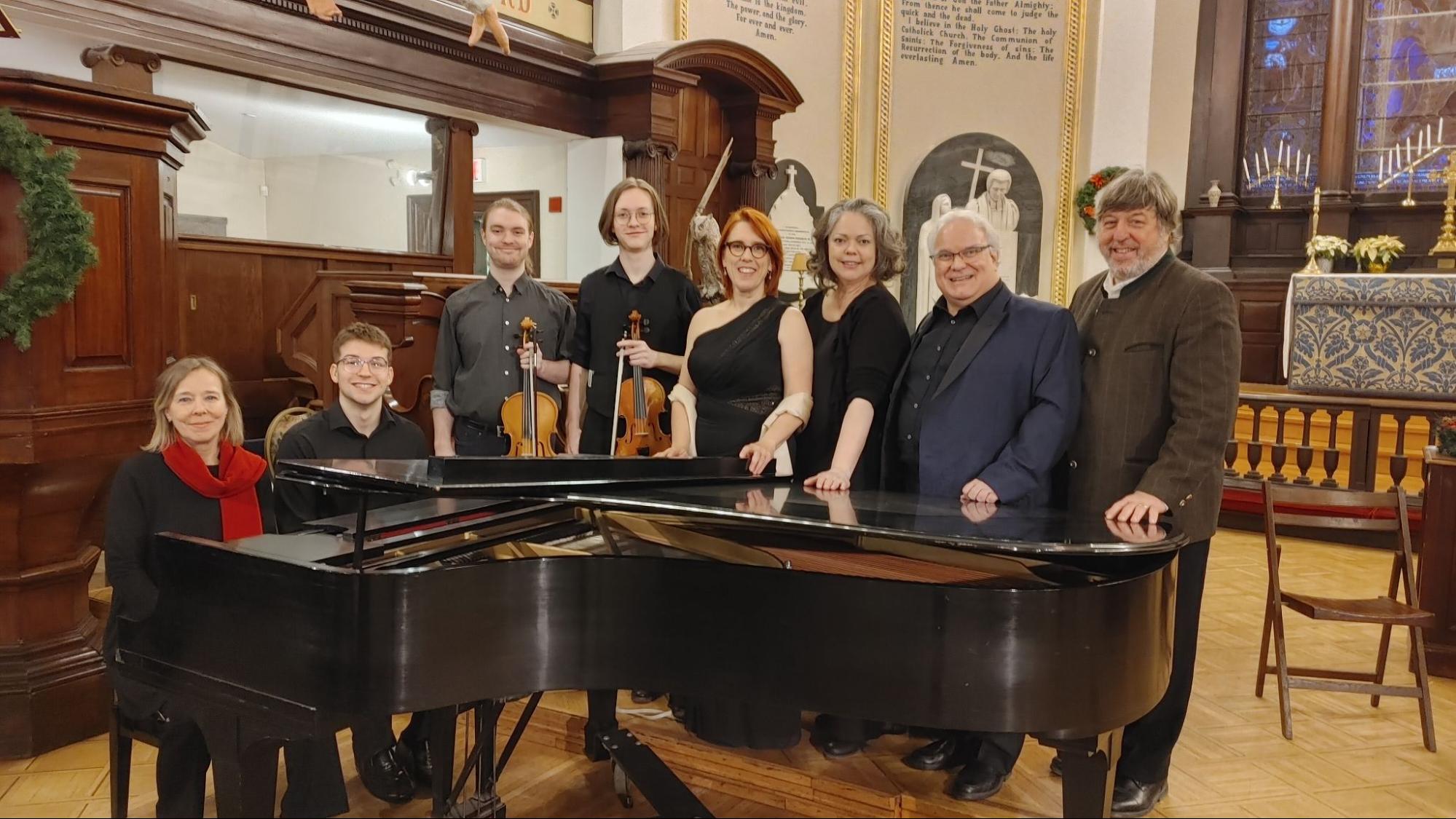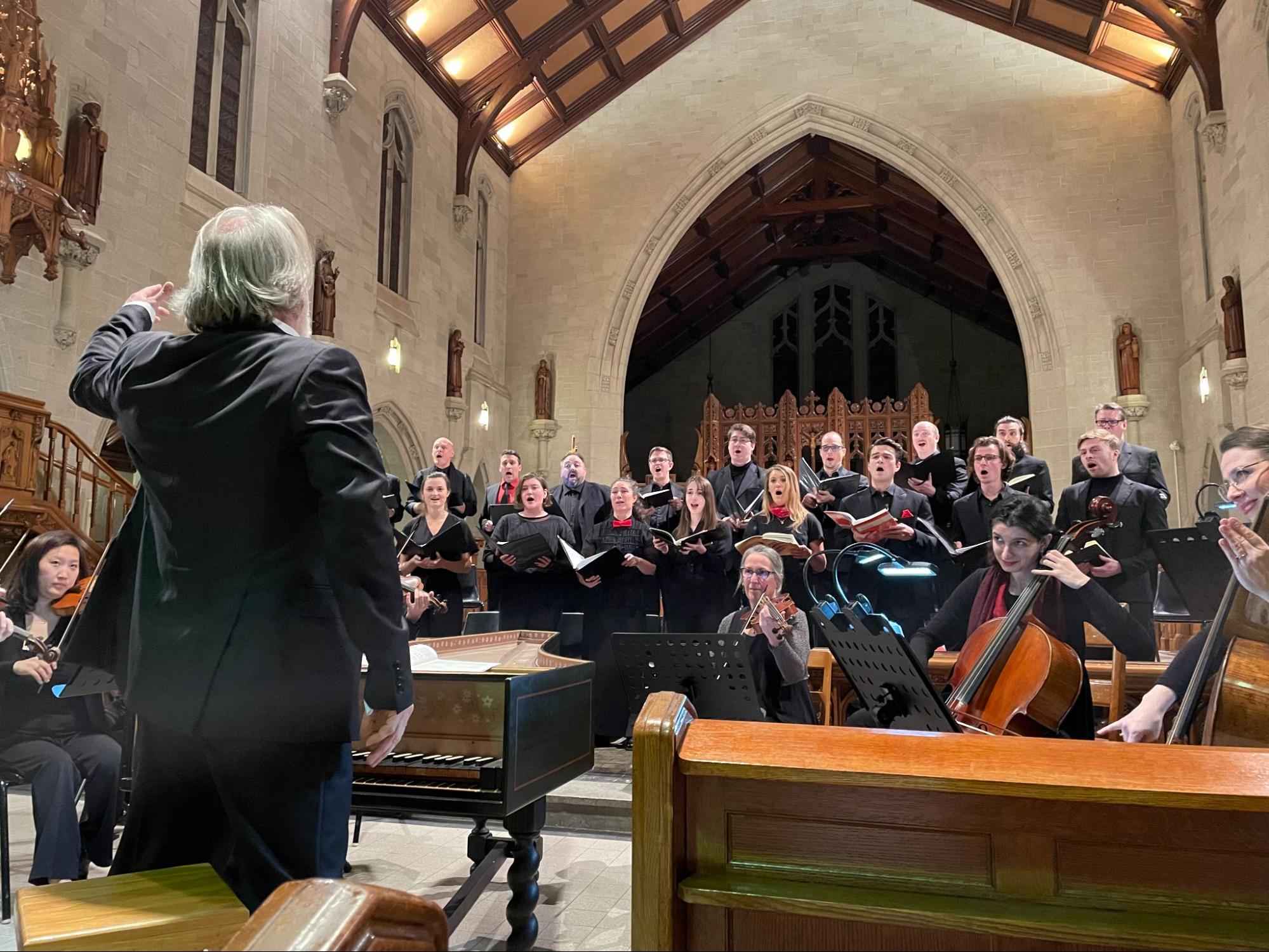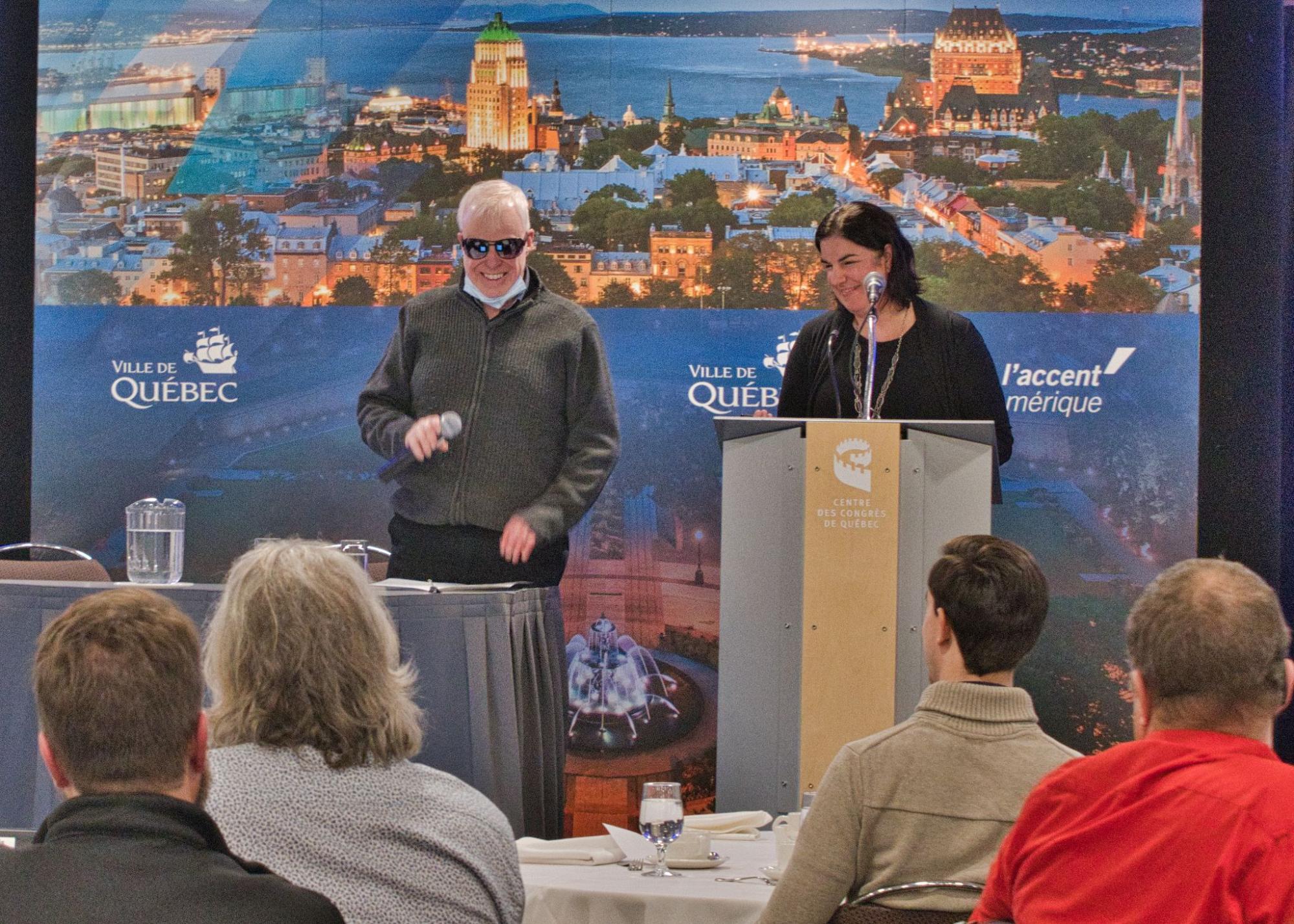OPINION: Quebec immigration cap is about politics, not cultural preservation
Submitted by Samer Elniz, Quebec communications co-ordinator, Muslim Association of Canada
During the recent election campaign, Premier François Legault was criticized for saying “Quebecers are peaceful. They don’t like bickering, they don’t like extremists, they don’t like violence,” in response to a reporter’s question on whether he thought increased immigration targets would threaten the lifestyle of Quebecers.
Legault later expressed regret for making the association between immigration and extremism and violence. But in the same month, he said it would be “suicidal” for Quebec to accept more than 50,000 immigrants per year, and his government has since reaffirmed this limit.
More recently, Legault has maintained that the province cannot accept more than 50,000 immigrants because of Quebec’s priority to preserve the French language.
Legault’s cap doesn’t make any sense economically. Even though the number of job vacancies in Quebec is 88 per cent higher than it was before the pandemic, and nearly half of the positions remain unfilled for three months or more, Legault is restricting immigration at a time when the rest of Canada is looking at skilled immigrants to fill labour shortages. Chains like Tim Hortons only had a third of their pre-pandemic workforce in 2021, and the total number of jobs in the foodservice and accommodation sector is still 153,600 below pre-pandemic levels.
Legault has long harboured anti-immigrant sentiments. Systemic discrimination in Quebec has always been couched in discourse surrounding the values of Quebecers, whether it be justified in the need to protect the French language or by implying that immigrants are incapable of coexisting with the fundamental values upon which Quebec was founded. According to the 2021 census, the province now has 421,710 Muslims, a 73 per cent increase from a decade ago. Legault is stigmatizing all of these Quebecers and judging their willingness to adopt Quebec values based on his own ideas of what Quebec should be like, ideas he believes he is entitled to express because his ancestors settled in Quebec before more recent generations of Quebecers.
Our province would not be what it is today without the contributions made by Quebec’s Muslim community. In the 1980s, Sister Sabria moved from Malaysia to Montreal, where her tireless efforts to feed the hungry meant she was honoured with the Ordre de Montréal in 2018. Together, Tasnim Alami Laroussi and Farid Amer Ouali have been recognized by Laval mayor Stéphane Boyer for their efforts to improve the oral health of thousands of underprivileged and disabled children or children with disabilities. Dr. Bachar Elsolh, a pioneer in the establishment of Muslim organizations in Quebec, advocated for Muslim participation in civic life and the obligation of Muslims to make positive contributions to both Canada and Quebec. A major benefactor, he spent his life helping the poor and disadvantaged in our province. Like them, there are a plethora of others that we should take pride in.
Legault persists in labeling immigrants as a threat to the culture and values of Quebec. This policy approach and discourse will have far- reaching consequences for Quebec’s economy and society, not to mention the possibility of further religious discrimination. Instead of dividing ourselves into “us” and “them,” we should welcome more immigrants to help build a better Quebec and a better Canada.
 Members of Tempêtes & Passions presented a charming German Christmas concert en famille at the Cathedral of the Holy Trinity on Dec. 18. All of the songs, performed in solos, duets or quartets, were in German with French translations projected on a screen. Seated at the piano are Hélène Marceau and François-Olivier Lessard (pianists), and standing are Louis-David Rompré (viola), Thomas Rompré (violin), Guylaine Girard (soprano), Luce Vachon (mezzo), Robert Huard (baritone) and Guy Lessard (tenor). Three of the musicians are the children of two of the singers. Pianist François-Olivier is the son of Guy Lessard, and Louis-David and Thomas Rompré are the sons of Luce Vachon, who besides being a renowned singer is also a luthier. She made the instruments her sons play. (Photo courtesy of David Rompré)
Members of Tempêtes & Passions presented a charming German Christmas concert en famille at the Cathedral of the Holy Trinity on Dec. 18. All of the songs, performed in solos, duets or quartets, were in German with French translations projected on a screen. Seated at the piano are Hélène Marceau and François-Olivier Lessard (pianists), and standing are Louis-David Rompré (viola), Thomas Rompré (violin), Guylaine Girard (soprano), Luce Vachon (mezzo), Robert Huard (baritone) and Guy Lessard (tenor). Three of the musicians are the children of two of the singers. Pianist François-Olivier is the son of Guy Lessard, and Louis-David and Thomas Rompré are the sons of Luce Vachon, who besides being a renowned singer is also a luthier. She made the instruments her sons play. (Photo courtesy of David Rompré) 
 Seven acrobats and a singer were the muses for FLIP Fabrique’s circus production Muse at Le Diamant, which continues from Dec. 27-30. (Photo by Danielle Burns)
Seven acrobats and a singer were the muses for FLIP Fabrique’s circus production Muse at Le Diamant, which continues from Dec. 27-30. (Photo by Danielle Burns)  Eric Milnes directs the L’Harmonie des saisons ensemble and also plays the harpsichord during their presentation of Handel’s beloved Messiah at Église Saint-Dominique. Co-director and cellist Mélisande Corriveau is on the far right. (Photo by Shirley Nadeau)
Eric Milnes directs the L’Harmonie des saisons ensemble and also plays the harpsichord during their presentation of Handel’s beloved Messiah at Église Saint-Dominique. Co-director and cellist Mélisande Corriveau is on the far right. (Photo by Shirley Nadeau)  René Binet, general director of the Regroupement des personnes handicapées visuelles (Région 03-12) and Nathalie Bendwell, traffic and transportation technician at the Ville de Québec, give a presentation on a decade of improvements in accessibility for visually impaired people. (Photo by Cassandra Kerwin)
René Binet, general director of the Regroupement des personnes handicapées visuelles (Région 03-12) and Nathalie Bendwell, traffic and transportation technician at the Ville de Québec, give a presentation on a decade of improvements in accessibility for visually impaired people. (Photo by Cassandra Kerwin)